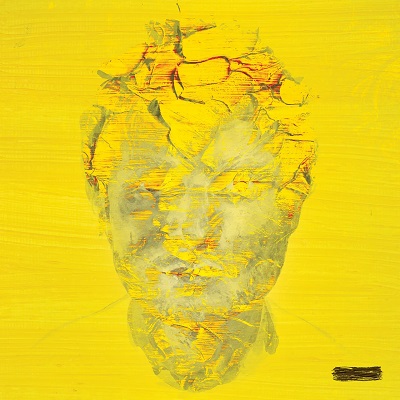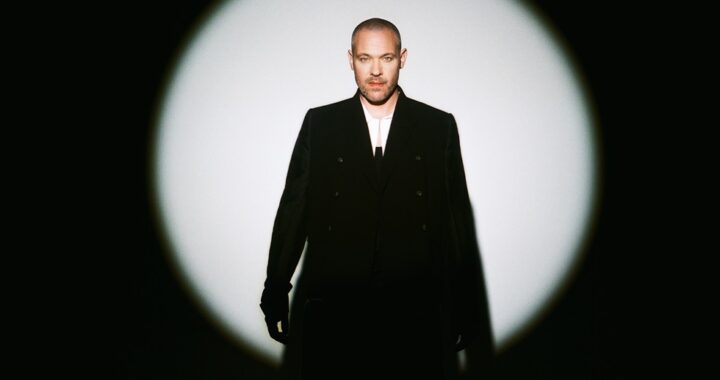Album Review: Ed Sheeran – Subtract
3 min read
Subtract (stylised as the symbol “-“) is the final instalment in Ed Sheeran’s maths symbol era, but in different circumstances it could have been his final album altogether. Just hours before its release, Sheeran was cleared of copyright infringement in a trial accusing him of plagiarising Marvin Gaye’s Let’s Get It On in his hit single Thinking Out Loud. Had he lost the case, one that forced him to miss his grandmother’s funeral, he claimed he’d quit making music for good. The result is a minor victory in what has been a rocky period of his life. Last year, Sheeran’s wife was diagnosed with cancer while six months pregnant with the couple’s second daughter, unable to go through surgery until she’d given birth. In the same year, Sheeran lost his close friend, music entrepreneur Jamal Edwards, to a heart attack. Subtract was originally a project a decade in the making, but the album was reshaped by a downward spiral of grief and depression in the wake of these events. The album is largely the result of just one week of recording in which he teamed up with The National’s Aaron Dessner (who recently co-produced Taylor Swift’s lockdown records Folklore and Evermore). A departure from his last four pop-orientated albums, Dessner’s minimalistic, mostly acoustic production leaves the spotlight on Sheeran’s lyricism. However, despite being packaged as an exploration into the darkest depths of Sheeran’s mind, the moments of hard-hitting introspection are often diluted by surface-level metaphors.
 In the opening track, Boat, Sheeran imagines himself stranded on a boat out at sea, backed by an acoustic guitar and wistful strings that feel like a passing sea breeze. He remains resilient through the violent storm: “the waves won’t break my boat.” The water imagery continues in Salt Water, a similarly stripped-back guitar-driven track. While water was portrayed as violent in the first track, here the vastness of the ocean is portrayed as liberating as he proclaims “I’m free in salt water.” The album is at its strongest when Sheeran leaves the metaphors to the side and takes a more direct, confessional approach. Sheeran is the most open he’s ever been on End Of Youth, a stand-out track full of stark revelations about his “falls that led to trying to end my life.”
In the opening track, Boat, Sheeran imagines himself stranded on a boat out at sea, backed by an acoustic guitar and wistful strings that feel like a passing sea breeze. He remains resilient through the violent storm: “the waves won’t break my boat.” The water imagery continues in Salt Water, a similarly stripped-back guitar-driven track. While water was portrayed as violent in the first track, here the vastness of the ocean is portrayed as liberating as he proclaims “I’m free in salt water.” The album is at its strongest when Sheeran leaves the metaphors to the side and takes a more direct, confessional approach. Sheeran is the most open he’s ever been on End Of Youth, a stand-out track full of stark revelations about his “falls that led to trying to end my life.”
The album isn’t all doom and gloom, with several heartfelt love ballads that fit neatly into the wider Ed Sheeran songbook. Colourblind is a vivid song about a “kaleidoscope love” full of continually evolving layers and emotions. The album closes with The Hills of Aberfeldy, a folk song that feels like a mix of I See Fire and Galway Girl. One of the only tracks written years in advance, it describes a love that endures even underneath the snow-covered hills of the Scottish town.
Subtract is without a doubt Sheeran at his most raw, his grief-stricken songwriting complemented perfectly by Dessner’s stripped-down production. However, it struggles to find the balance between the typical love song we’ve come to expect from Sheeran and more cutting, introspective lyrics. The majority of the album falls somewhere in the middle, hinging on thin metaphors that don’t quite carry the intended vulnerability. Nonetheless, the tracks that do successfully capture Sheeran’s grief are a welcome evolution of his songwriting and make this an essential album in his discography.



